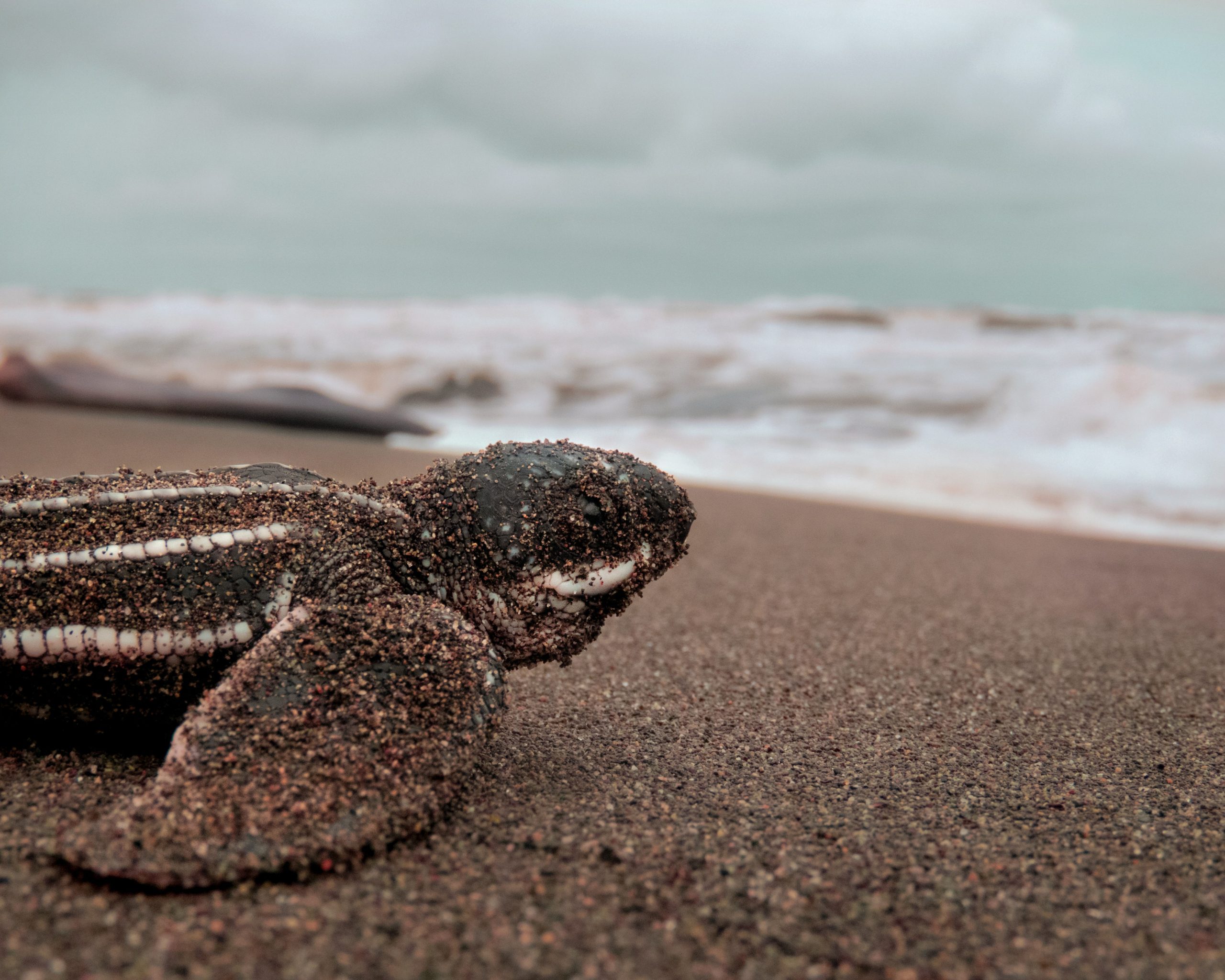A huge consequence of the explosive spread COVID-19 was the rapid, almost instantaneous, worldwide stalling of travel. People cancelled vacations, cruise ships were docked, and over 60% of the world’s airplanes were grounded according to Time Magazine. This aggressive shift in travel habits lowered carbon emissions all over the world, helping cities and even whole countries see dramatic decreases in air pollution and higher air quality. According to the New York Times, leatherback sea turtles began to lay eggs on the suddenly empty beaches for the first time in years, as they prefer to lay their eggs in seclusion, not surrounded by tourists. There was a huge influx of “nature is healing” type tweets all over my personal Twitter timeline, and it was beautiful to see this reestablished joy and care for the earth.
But what happens now? COVID vaccines are being distributed, and everyone is excited to travel and party once all of this is over. Air travel is expected to increase, along with travel in general.
What happens to Thailand’s endangered leatherback sea turtles when the beaches fill up with tourists again? What happens to the climate when the world opens up again?
Luckily, COVID-19 and the lockdowns that resulted from it have pushed people outside, to the one place it has seemed safe to spend time with others. Daily walks and time outside has become more common for many; experts are hoping this trend will spill over into life after COVID-19. If more people biked and walked instead of traveling by car, carbon emissions could continue to stay consistently lower than they were pre-pandemic. These habits often also harbor a stronger appreciation for the environment and can lead to the adoption of other eco-friendly habits like recycling, eating less meat, and using less electricity and gas.
Climate change is not only contributed to by individuals though; electricity production, commercial businesses and industrial production together contribute more than sixty percent of greenhouse gas emissions, and we will not be able to make meaningful change globally until governments and corporations make lowering emissions and stopping climate change a priority in their plans.
It is good to see individuals making choices that can reduce their ecological footprint, and it will no doubt have at least a small effect on climate change. Sadly, for meaningful improvements to occur, much more will have to change than a temporary worldwide shutdown and halting of travel. A worldwide overhaul on how we confront carbon emissions and the climate crisis is in order, and hopefully the COVID-19 pandemic will lead to government leaders building back their economies with the earth in mind.
- The Earth Began to Heal During COVID-19: What Now? - April 1, 2021
- Reading Picks for the Here and Now - October 8, 2020

